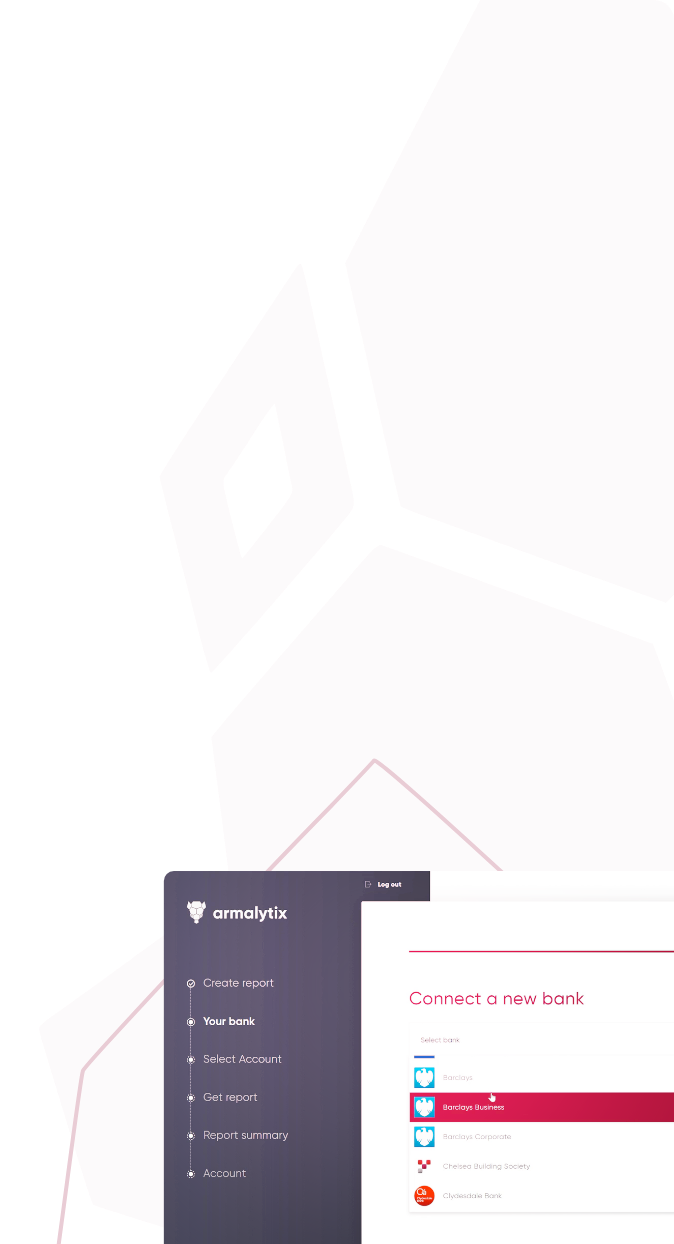
What is Open Banking, and why should you care?
You’ll have heard of Open Banking and some of you will have a very clear grasp of it, many maybe less so. Below is our guide to what Open Banking is, and why you should care about it.

We can categorise the evolution of banking data into 3 broad areas:
Offline – Paper trails and filing cabinets
Before digital became the norm, everyone’s information was kept locally or centrally in paper ledgers, with all the efficiency and fireproofing that brought.
Digital – Offline to online
With the advent of digital, banks slowly began to use digital systems to keep track of your money. Much like the money, however, your data was kept tightly locked away – frequently even from you.
Open Banking – How banking learned to love the future
Open Banking is an overarching principle with supporting systems and regulations that unlocks this vast store of banking data. Clients are at the centre of controlling the use of their banking data and, with their consent, sharing it with other institutions.
The question is, why should you care? The short answer is because it is happening. You can be Kodak, or you can be Instagram.
A powerful example of the value of Open Banking comes from COVID-19. The resulting lockdowns have driven an even greater reliance on digital interactions and transactions. Inevitably this has led to a rise in online fraud, spam and phishing. With its inherent digital security and data capabilities, Open Banking could provide a crucial tool to help combat this – enabling fully verified transactions between reputable partners, whether businesses, individuals, or public bodies.
In the short to medium term the advantages of Open Banking are plentiful, with unknown possibilities longer term. So, what can we expect now and in the future?
Verification and fraud prevention
Practical Open Banking innovations that can increase the efficiency and accuracy of your day to day processes:
Financial and ID checks –quickly confirm the bank details and name of 3rd parties, pay the correct people, manage payroll and deal with transactions and proof of funds.
Stopping invoice scams – use Open Banking account and ID checks to prevent these sorts of scams, where criminals pose as suppliers, solicitors, tradespeople and others – claiming bank details have changed to convince you to redirect the payment to their own account. In 2019 over £82 million was lost to invoice fraud in the UK.
Client Due Diligence – meet the obligations to collect client information to evaluate for risk and money laundering. Many organisations, including financial institutions, gambling firms, accountants, lawyers and real estate firms are required to do this. Money laundering costs the UK an estimated £24 billion a year.

Security and convenience
Open Banking, perhaps counterintuitively, is more secure. It is also convenient to use:
No more paper or digital documents – remove the need to send sensitive documentation via mail, email or insecure sites.
Interact directly with businesses and clients – prove control and ownership of accounts and remove administration layers to improve client experience and data accuracy.
Reduce client service burdens –reliance on client services and long wait times can be greatly reduced with fast and client-friendly processes.
Innovation and value
Open Banking will drive greater value for existing and new businesses – happily coupled with providing the client greater control and choice:
Marketing – more clients through digital-ready services that improve processes around calls to action, sign up and onboarding.
Improvement of services through competition – new products and entrants will ensure greater client choice and better products and experiences.
Control over data – clients will be gatekeepers of their own data, with businesses in turn gaining greater and more valuable data to build compelling experiences and inform business decisions.
Where next?
Above, we have highlighted some changes that will happen in the short to medium term. However, as the sophistication of Open Banking systems increases and as more banks, clients and companies embrace it, what more can we expect to see? Improved and new products with better experiences and processes will come to the fore, and with it completely new services and business sectors.
There is always risk in striking out in the wrong direction, but there is risk in doing nothing and both are more than offset by the potential rewards of greater value and happier clients. The international market for Open Banking is expanding, and with it the opportunities and potential value.
Open Banking is here, the value is there, and the market is growing. How can you make the most of it?




